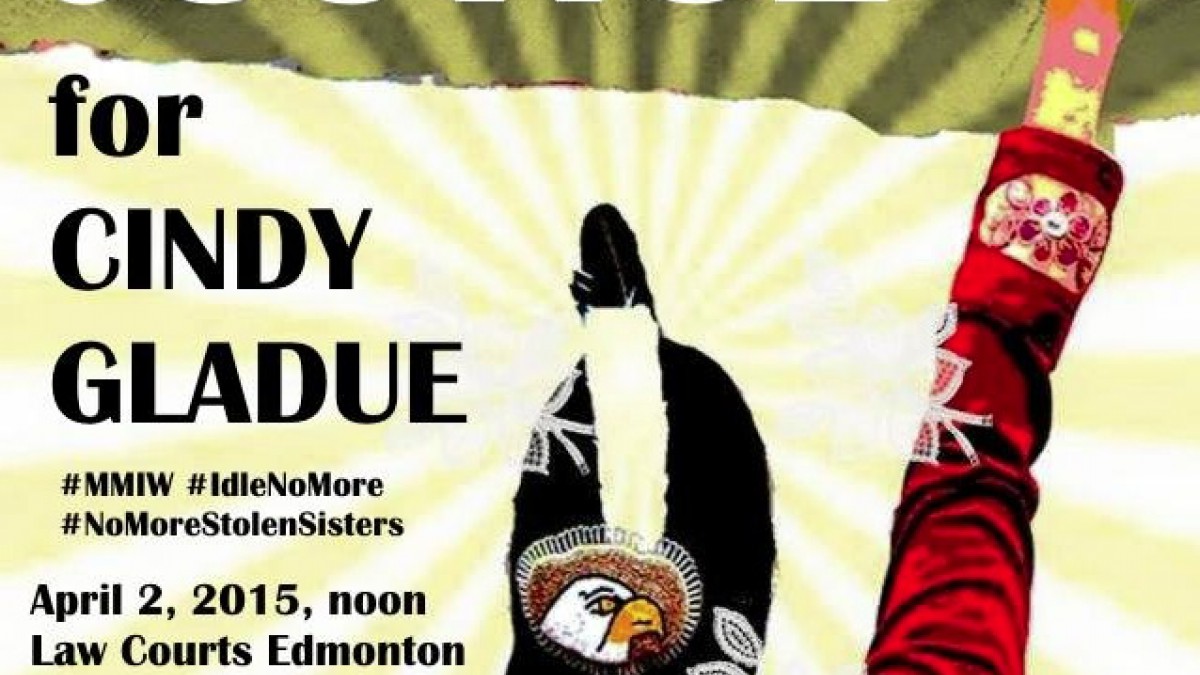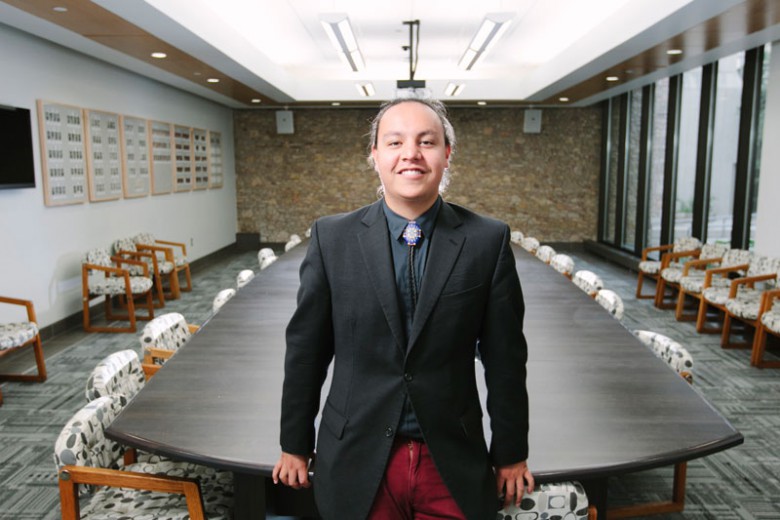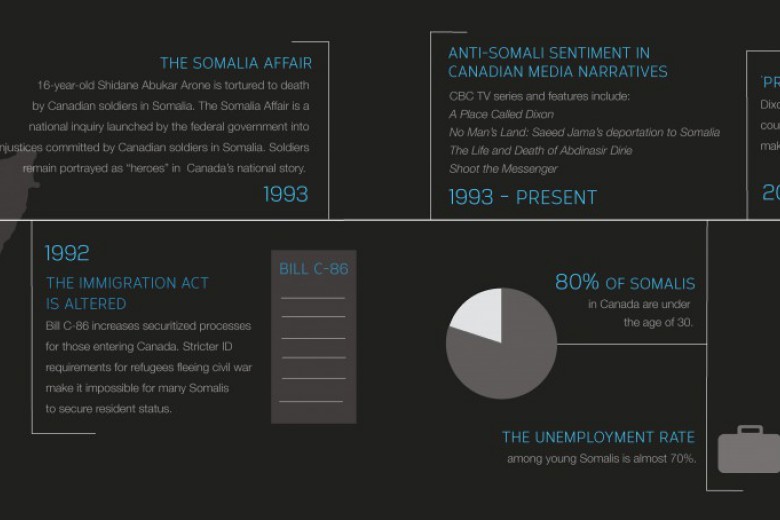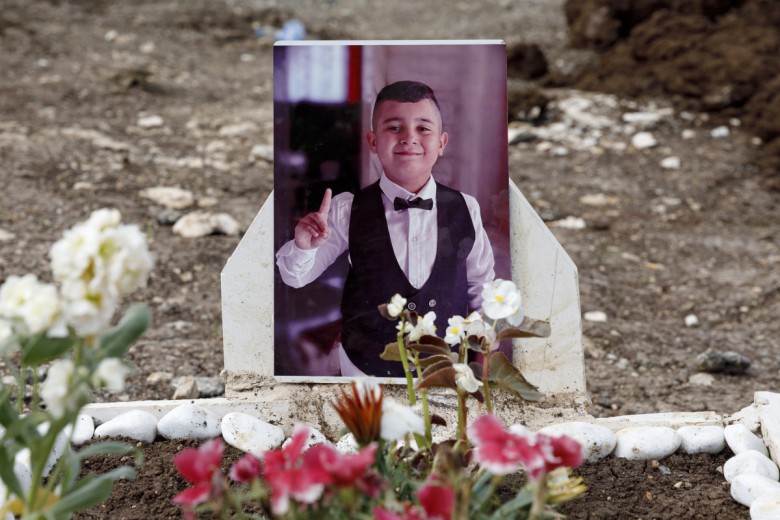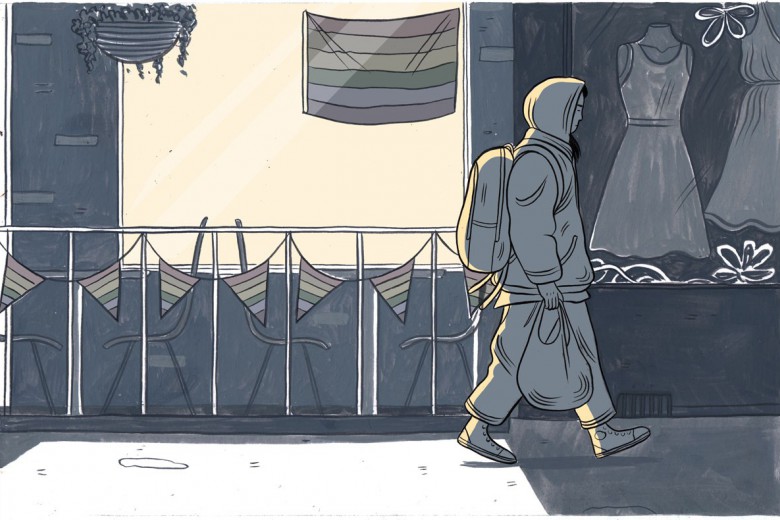In the early 90s, two police officers rushed a house party in East Regina. When the officers found my partner in the basement, they shoved her into a laundry room and locked the door behind them. The female cop grabbed my partner by the collar of her shirt, pinned her against a washing machine and said, “hit me, squaw.” Another police officer stood behind them and watched as my partner, scared for her life, refused to hit the cop.
My partner started screaming for her sister, who was also at the party, but the officer told her to “shut the fuck up.” My partner heard three knocks on the door and then her sister’s voice calling her name, which forced the officers to open the door and let my partner go. Her sister grabbed her by the arm, and they ran out of the house.
My partner is an auditor. She has worked for the provincial government for more than 10 years and has audited provincial construction projects, records management, and employee expenses. She has a degree in business administration, drives a BMW, which she bought with the money she earned as a senior auditor, and, over the course of her career, has paid more than $100,000 in taxes. Last year alone, she paid approximately $30,000 in provincial and federal taxes.
Yet on the day that two police officers decided to stereotype her, my partner was viewed as nothing but a “squaw” – and with that came assumptions: lazy, on welfare, a drunk. That was 20 years ago, but not much has changed.
This week, in the news, a judge released video footage of a Regina police officer kicking a homeless First Nations man. “But it’s not a race thing,” people say on social media. Meanwhile, a hate-filled Facebook page titled “Aboriginals Need to Get a Job and Stop Using Our Tax Dollars” appears in my newsfeed.
My partner is from Ocean Man First Nation. She has dark skin, brown eyes, and her grandmother’s distinct Nakota nose. I am a settler, a mix of Irish, German, and French with blue eyes and pale skin. In 1982, my grandfather died in his sleep from alcohol poisoning. No one deduced from his numerous bouts of binge drinking, or his alcohol addiction, that all white people are drunks, but I have heard, in casual conversation, of “those drunk Indians.” Stereotypes like this prevent people from seeing my partner as human. “I am seen as an Indian first,” she says. “Then a woman. After that, it doesn’t matter that I’m gay or an auditor or someone’s aunt. I’m already less than.”
I don’t have to worry about the same things my partner does. Last year, we traveled to Eastend, Saskatchewan together. One morning, we decided to drive to Cypress Hills, the land that once belonged to my partner’s ancestors, the land on which some of the Nakota people were massacred, including my partner’s grandmother’s close relatives. On that morning, my partner was worried about our car running out of gas, even though the tank was nearly full. “I don’t want to get stuck on the side of the road,” she said. “I’m the only Indian I’ve seen in three days.” I joked that we could fall back on my white privilege. We laughed, but it was more true than funny. The thought of getting stranded in rural Saskatchewan hadn’t crossed my mind, and if we were to get stuck, I could depend on the kindness of a stranger or a police officer. My partner couldn’t.
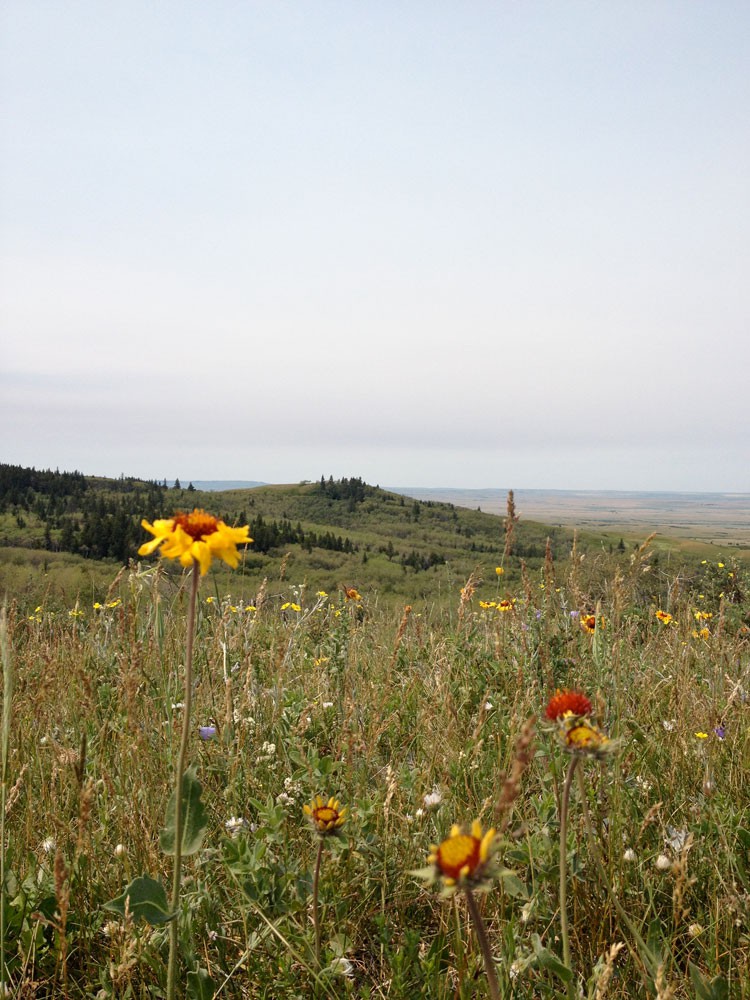
Two weeks ago, a white man was found not guilty by a male-dominated, near-all-white jury for the murder of a Cree mother of three, who bled to death in an Edmonton hotel room from an 11-centimetre wound in her vagina. During the murder trial for Cindy Gladue, live images of pathologists showing the wound inside her vagina were displayed on a screen before the jury. The accused admitted to hurting Gladue, who was a sex worker, and claimed that her death was a result of consensual rough sex, despite the fact she could not have given consent due to her blood alcohol level, which was four times the legal limit.
Since my partner read these details, I have been kissing away tears from her face. Is her life worth so little that if she were murdered there would be no justice? Would her body parts be disassembled and live streamed in a court of law?
“I am worth less than an animal,” she concludes. I tell her “that’s not true,” but we both know that even an animal would not be treated so crudely by the justice system.
On March 18, the same day that Gladue’s accused was found not guilty, an abandoned cat, whose legs were tied with electrical tape, was rescued in Regina. The cat has since lovingly been nicknamed Bruce Almighty and his story has reached beyond national borders. A GoFundMe campaign has raised more than $22,000 for this cat. The media continue to publish updates on his recovery.
Meanwhile, the man who was kicked by a police officer has been called a “degenerate” on social media. Where is the empathy that Bruce Almighty got? While Bruce, the cat, is seen as innocent, Indigenous peoples are seen as having brought this violence and hatred upon themselves.
A man who admitted to inflicting a fatal wound to a human is free. But then again, Cindy Gladue was not considered a human. She was viewed as a First Nations woman – an identity that has been negatively constructed by colonial discourse, according to Indigenous scholar Kim Anderson. She writes:
“The dirty, easy squaw was invented long before poverty, abuse, and oppression beset our peoples. She was invented and then reinforced because she proved useful to the colonizer. The ‘uncivilized’ squaw justified taking over Indian land. She eased the conscience of those who wished to sexually abuse without consequence. She was handy to greedy consumers. Dirty and lazy, she excused those who removed her children and paved the way for assimilation into mainstream culture.”
This racist construction of First Nations female identity continues to justify violence toward Indigenous women and a lack of accountability. If 1,200 white women were missing and murdered, would the government still say an inquiry is not needed?
Today is my partner’s birthday. Fifty-some years ago, her grandmother cleaned farmhouses in rural Saskatchewan in exchange for a safe place to stay with her daughter. She was hiding from government officials, who were taking Indigenous women’s children and putting them in residential schools. Had the government found my partner’s grandmother, my partner might not be here. So, today I celebrate her. She is gentle, compassionate, and kind, and I want the world to be as gentle, compassionate, and kind in return to her.
On Thursday, April 2 there will be rallies outside courthouses across Canada to protest the verdict in the Cindy Gladue case. Search Facebook for the time and location of the protest in your city. The rally in Regina will be at the courthouse at 2425 Victoria Ave at noon.


